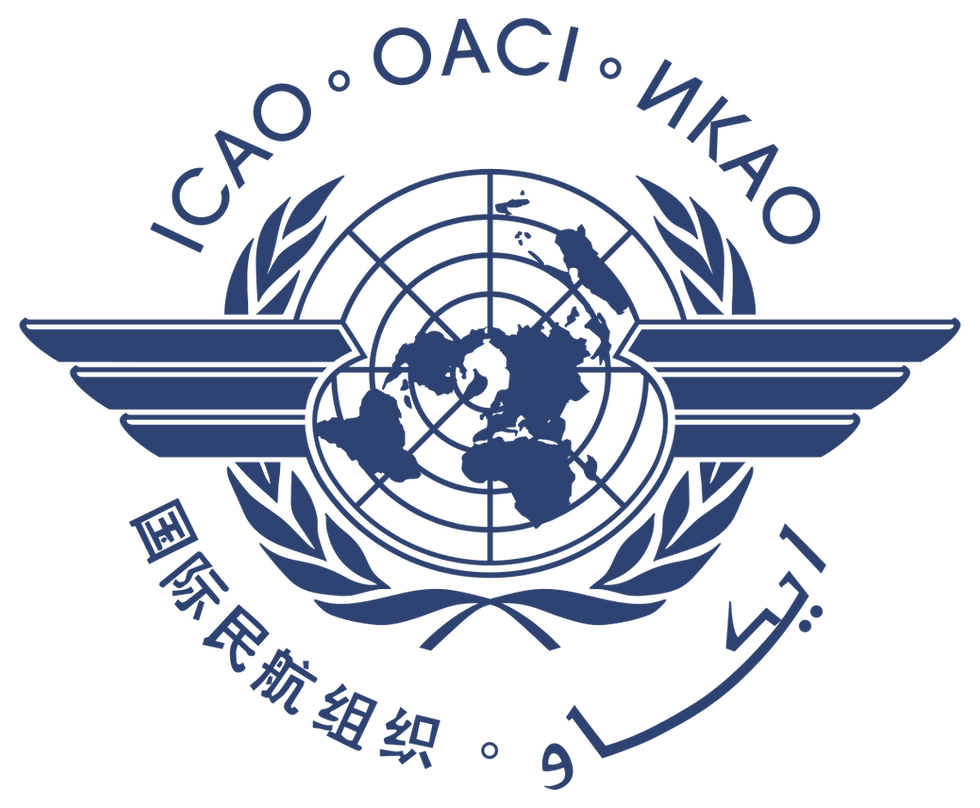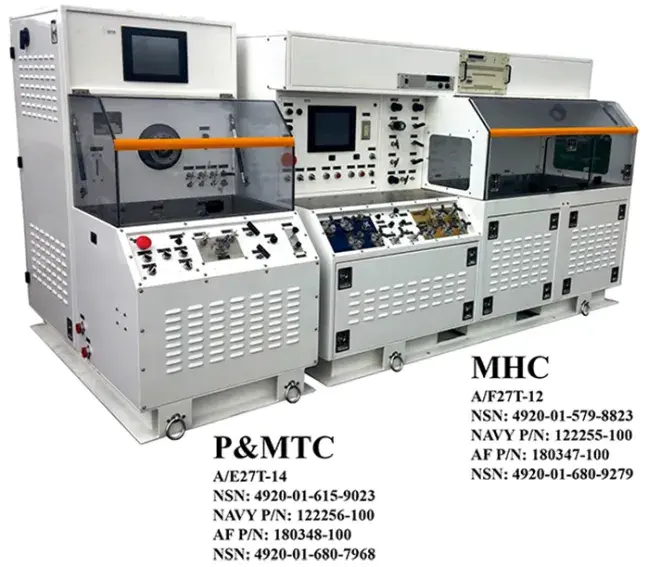Adhering to ICAO Standards: Ensuring Compliance and Safety in GSE and MRO Equipment Regulations
- ADMIN

- Jul 7, 2023
- 3 min read
Introduction: The International Civil Aviation Organization (ICAO) plays a critical role in setting global standards and regulations for the aviation industry. In the realm of Ground Support Equipment (GSE) and Maintenance, Repair, and Overhaul (MRO) equipment, adherence to ICAO standards is essential to ensure compliance and maintain the highest levels of safety. This article explores the significance of ICAO standards in GSE and MRO equipment regulations, highlighting their impact on the industry and the measures organizations can take to ensure compliance and safety.

Understanding ICAO Standards in GSE and MRO Equipment Regulations:
ICAO standards serve as a global benchmark for aviation safety, security, efficiency, and environmental sustainability. When it comes to GSE and MRO equipment, these standards encompass a wide range of guidelines and recommendations. They cover aspects such as equipment design, maintenance procedures, operational practices, and documentation requirements, all aimed at ensuring the safe and reliable operation of aircraft and equipment.
The Importance of Compliance with ICAO Standards:
Compliance with ICAO standards is crucial for several reasons. Firstly, these standards are developed based on extensive research, industry expertise, and lessons learned from past incidents. Adhering to ICAO standards helps mitigate risks and minimize the potential for accidents, ensuring the safety of passengers, crew, and ground personnel. Secondly, compliance fosters operational efficiency by providing a standardized framework for equipment usage, maintenance, and inspection procedures. Organizations that comply with ICAO standards are better positioned to optimize their operations and reduce downtime.
Role of Regulatory Bodies in Enforcing ICAO Standards:
Regulatory bodies, such as national aviation authorities, are responsible for enforcing ICAO standards within their respective jurisdictions. These bodies conduct inspections, audits, and assessments to ensure organizations comply with the relevant regulations. They play a crucial role in verifying that GSE and MRO equipment meet the required safety standards, are properly maintained, and are operated in accordance with ICAO guidelines.

Mitigating Risks and Ensuring Safety:
To ensure compliance and safety in line with ICAO standards, organizations must implement effective risk mitigation strategies. Regular inspections and maintenance of GSE and MRO equipment are essential to identify potential hazards and address them promptly. Adhering to manufacturers' guidelines, industry best practices, and ICAO recommendations for equipment maintenance and operation is crucial. Organizations should also prioritize accurate documentation of maintenance activities, inspections, and repairs, as this helps demonstrate compliance during regulatory audits.
Embracing Technological Advancements:
The aviation industry continually evolves, with new technologies and innovations shaping the landscape. Organizations striving to comply with ICAO standards must stay updated with the latest technological advancements in GSE and MRO equipment. Technological innovations often offer enhanced safety features, improved operational efficiency, and more accurate maintenance and diagnostic capabilities. Embracing such advancements not only ensures compliance but also positions organizations at the forefront of industry practices.
Industry Collaboration and Best Practices:
Collaboration within the industry is vital for sharing knowledge, experiences, and best practices related to ICAO standards and GSE and MRO equipment regulations. Participating in industry conferences, workshops, and forums allows organizations to gain insights, learn from peers, and stay informed about emerging trends and developments. Engaging with industry associations and professional networks facilitates the exchange of ideas and promotes the adoption of best practices across the sector.
Conclusion:
Adhering to ICAO standards is paramount in ensuring compliance and safety in GSE and MRO equipment regulations. These standards serve as a global benchmark for the aviation industry, promoting safety, efficiency, and sustainability. By prioritizing compliance, implementing effective risk mitigation strategies, embracing technological advancements, and collaborating with industry peers, organizations can maintain the highest standards of safety, optimize their operations, and contribute to a safer and more efficient aviation environment.



Comments